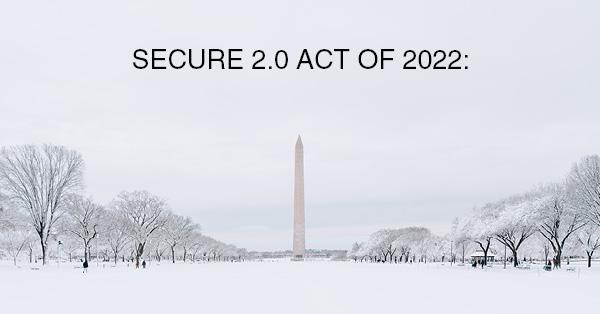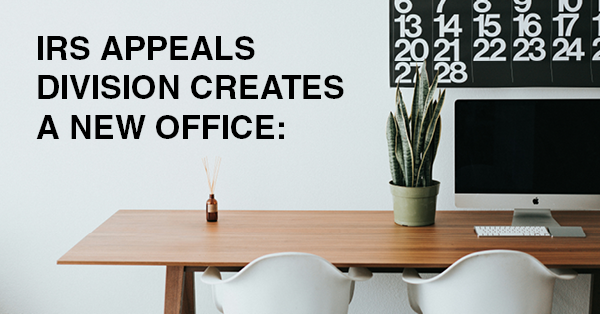SECURE 2.0 ACT OF 2022:

Note from the Editor: this bill will be addressed in detail during the 2023 Grand Event in Las Vegas, January 9 – 11, 2023. This session is being conducted both in-person and virtually. Visit this link for complete details.
On December 23, 2022, Congress passed the Consolidated Appropriations Act, 2023. It does not contain any major tax provisions or tax extenders; however, it includes the SECURE 2.0 Act of 2022.
The SECURE 2.0 Act of 2022 builds upon the provisions of the original SECURE Act from 2019 to further ensure that more Americans save for retirement and increase the amount they are able to save. Some of the provisions included in bill are:
- Automatic Enrollment: Effective for plan years beginning after 2023, 401(k) and 403(b) sponsors are required to automatically enroll employees in plans once they become eligible to participate. The amount at which employees are automatically enrolled cannot be less than three percent of salary and no more than ten percent.
- Saver’s Credit: For tax years beginning after 2026, the saver’s credit is simplified from its current three-tier structure to a unified 50% credit amount, with a phaseout for higher incomes.
- Small incentives: Under the new law, effective after the date of enactment, employers are no long prohibited from offering small immediate incentives to encourage employees to participate in elective deferrals.
- Catch-up limits: Currently, the catch-up amount for 50 and older is not adjusted for inflation. The bill would change that so that it is annually adjusted for inflation beginning after 2023.
- SIMPLE plans: Employers would be able to make nonelective contributions of a uniform percentage to a SIMPLE IRA or a SIMPLE 401(k) plan up to 10 percent of compensation.
- Matching Student loan payments: For plan years after 2023, the new law provides that employers may make payments to qualified plans that match qualified student loan payments by employees.
- Small employers: The law extends eligibility of the credit for establishing a plan from the first three years to five years for employers with 50 or fewer employees.
- Required minimum distributions: Under the SECURE 2.0 Act the age at which participants must begin taking RMDs is increased over a period of ten years starting in 2023 for those who turn 72 after 2022.
- Withdrawals: Taxpayers can make an early withdrawal without incurring a 10-percent penalty as a result of a federally declared disaster. The bill also allows for penalty-free early withdrawals, after 2023, by a victim of domestic abuse. Other penalty-free withdrawals include an individual diagnosed with a terminal illness or for a personal financial emergency.
Attached is a summary of the Act.




